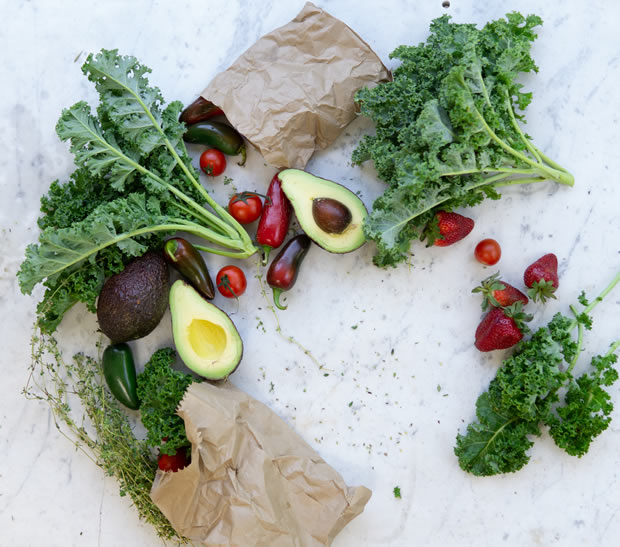Going green seems easier than ever, but when was the last time you popped to your local farmers’ market to pick up the weekly essentials? Local produce is often better tasting, but it’s also far better for your carbon footprint. Our food can travel hundreds, even thousands of miles just to land on our plates, so what can we do to reduce the mileage?

The environmental impact of the food we eat is playing on our minds according to new research, which found that buying locally is important to 70% of UK consumers, as we become more conscious of food sustainability. Surprisingly, the survey found that we’re even willing to pay more for it!
But no matter how much we want to buy our food locally, the research from AO.com also suggests that many of us think it’s impossible to only buy locally sourced produce.
- Do your research
Take some time to look up places nearby where you can find your favourite foods. Local market stalls and farm shops are the best places to pick up fresh, home-grown food. You should also keep an eye on labelling to find out exactly how far your food has travelled. Learning more about the origin of what you eat, is the first step to reducing your food miles.
- Grow your own
The research also found that almost a third of the UK (32%) say they do, or would like to grow their own produce. If you can’t make it to your local market, this is by far the best way to reduce your food mileage and it’s easier than you think. Tomatoes, potatoes, strawberries – they all taste great when they come straight from your garden!
- What else are we doing to be more ethical?
- Over a third of Brits (34%) are buying products loose instead of using bags.
- Over a third of 25-34s place more importance on reducing plastic packaging when they buy food, more than any other age group.
- Over half of the UK (53%) are taking their own plastic bags when doing the food shop in order to reduce plastic.
- 16-24s are the age group most likely to only buy products with plastic free packaging (20%).
Graeme Willis, Food and Farming Campaigner for the CPRE, commented on the new research:
“It’s hugely encouraging that more and more people are aware of the value of buying locally-sourced produce and willing to spend more on local food. In these challenging times, it’s easy to feel overwhelmed or confused about what we can do to help. But our choices about the food we buy make a real difference to where and how our food is produced and to the impact it has on people and planet.
“Buying local is a great way to cut plastic use, reduce transport of food -especially air freight – to cut carbon and eat more seasonally. It’s a great way too to enjoy some of the freshest, tastiest and most wholesome food around and to try amazing varieties and flavour. Not least, people are beginning to realise it’s a fantastic way to support people in their community passionate about the food they provide and to form new connections with the land and landscape where they live.”
Whether It’s buying food in season, or growing your own produce, there are plenty of small steps you can take to safeguard the environment.




Comments are closed.